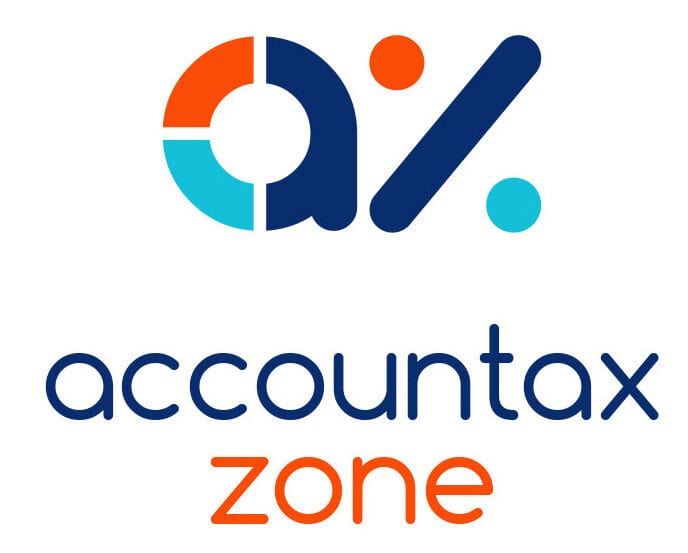HMRC have a range of powers at their disposal to collect unpaid tax. If you are struggling to pay a tax bill or know that you will not have the funds available to meet an upcoming bill, it is better to take action than to ignore the problem and hope it will go away – it won’t. Interest will be charged on tax paid late, and late payment penalties may also apply.
Set up a Time to Pay arrangement
Rather than paying your tax bill in one hit, you may be able to set up a Time to Pay arrangement and pay in instalments. Depending on your circumstances, you may be able to set this up online. If not, you can call HMRC to discuss your options. Although interest will be charged, setting up an instalment plan will save late payment penalties. Further details on setting up a Time to Pay arrangement can be found on the Gov.uk website.
HMRC visits
If you have unpaid tax and a Time to Pay arrangement is not in place, HMRC will try and contact you first to discuss options for settling the bill. However, if you do not respond and do not pay what you owe, an HMRC officer may visit you at your home or business premises. At the visit, they will discuss the situation with you and try and agree on a plan for settling the debt, either in full or in instalments. The HMRC officer will be able to take card payments during their visit.
Debt collection agencies
HMRC may also pass the debt to a debt collection agency to collect it on their behalf. A debt collection agency may contact you by letter or text or by phone, but they will not visit you. You can pay the debt collector what you owe. You can also discuss using a Time to Pay arrangement to settle the debt.
Adjusting your tax code
If you pay tax under PAYE, HMRC may be able to adjust your tax code to collect the debt.
You might also like to read: Understanding your Tax Code
Taking possessions to cover the debt
If neither HMRC nor an appointed debt collection agency have been able to collect the debt, HMRC may look to take possession of your goods to cover the debt. They will warn you before they do this and offer you the opportunity to settle the debt first. A formal notice of enforcement will be issued, for which there will be a charge. A HMRC officer will visit you and ask you to pay the debt.
If this is not done, they will either take possessions there and then to cover the debt or ask you to sign an agreement, which will include a deadline by which the debt must be paid. If the tax debt is not paid by the deadline, the goods will be removed and sold to clear the debt. Again, you will be charged for this. If the amount realised from the sale of the goods is less than the tax debt, you will be liable for the difference; if it is more, you will be paid the excess. HMRC will not take possessions that are essential for your security and well-being.
Court proceedings
HMRC may use court proceedings to recover the debt through charging orders, attachment of earnings orders, third-party debt orders or from pension payments.
Insolvency
Where all other options have been exhausted, HMRC may apply to the courts to make a person or company insolvent.
Partner note:










